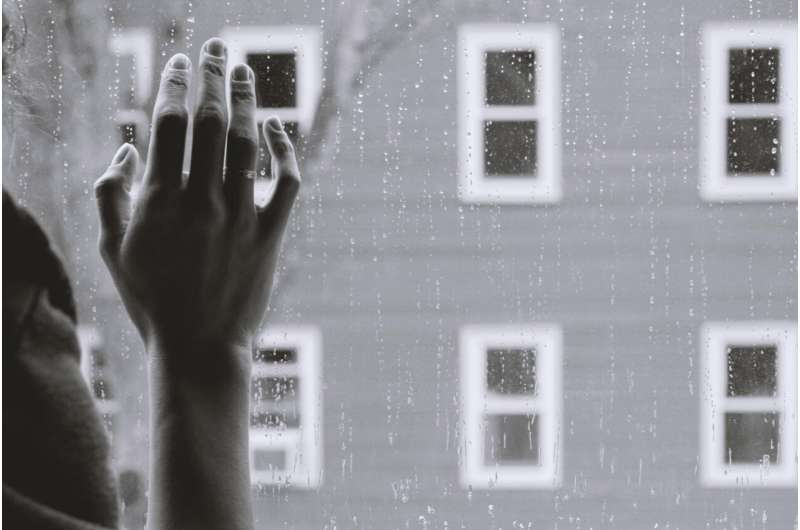This article has been reviewed according to Science X's editorial process and policies. Editors have highlighted the following attributes while ensuring the content's credibility:
fact-checked
peer-reviewed publication
trusted source
proofread
Rural residents feel less lonely than their urban neighbors, Scottish study finds

People living in rural communities in Scotland are less likely to experience loneliness and poor well-being than those living in urban areas, according to new research from the University of Glasgow.
The study, published in the Journal of Public Health, looked at the differences in loneliness, social support, and social networks between urban and rural-based individuals. Researchers found that while the levels of social support given to urban and rural residents were broadly the same, urban residents had higher rates of loneliness, and poorer well-being overall.
Loneliness is associated with a number of negative outcomes, including poorer physical and mental health, greater use of health care services, and even early mortality. One in five adults in Scotland report being lonely, and more than 3 million adults in England have reported feeling lonely often or always in a recent survey.
Recognizing the global scale of the issue, in 2021 the World Health Organization announced that loneliness should be a public health priority.
The study showed that, regardless of whether someone lived in urban or rural Scotland, loneliness was detrimental to their well-being. The study also found that both social support and perceived emotional closeness of social networks were related to better well-being, which the researchers stress, "reaffirms the importance of close social contact for an individual's overall well-being."
Nevertheless, there is one difference between rural and urban networks that might help explain why individuals in rural areas feel less lonely. The study found that residents of both rural and urban areas reported similar size of their social networks, but that rural dwellers had more contact with people of different ages.
Study lead, Emily Long, Research Fellow at the University's MRC/CSO Social & Public Health Sciences Unit, said, "We believe this could be due to the smaller population of rural areas, limiting the social pool and encouraging rural adults to seek social relationships with people in different life stages than themselves.
"Our study shows that multiple dimensions of relationships are important to well-being, and that efforts to strengthen these relationships are particularly needed in urban areas. There's something about these environments that makes people more vulnerable to loneliness.
"Our research suggests that programs and initiatives should focus on improving the exchange of support and building closeness in existing relationships, rather than relying on activities that are only aimed at building more social connections."
More information: Emily Long et al, Loneliness, social support, and social networks: urban–rural variation and links to wellbeing in Scotland, Journal of Public Health (2024). DOI: 10.1007/s10389-024-02236-9
Journal information: Journal of Public Health
Provided by University of Glasgow




















